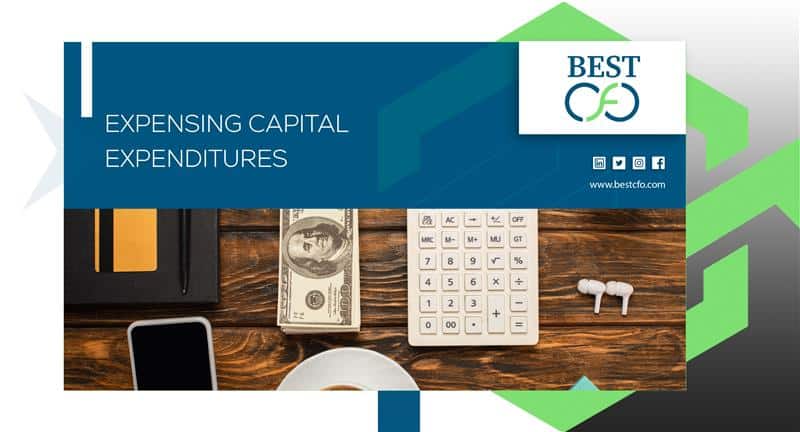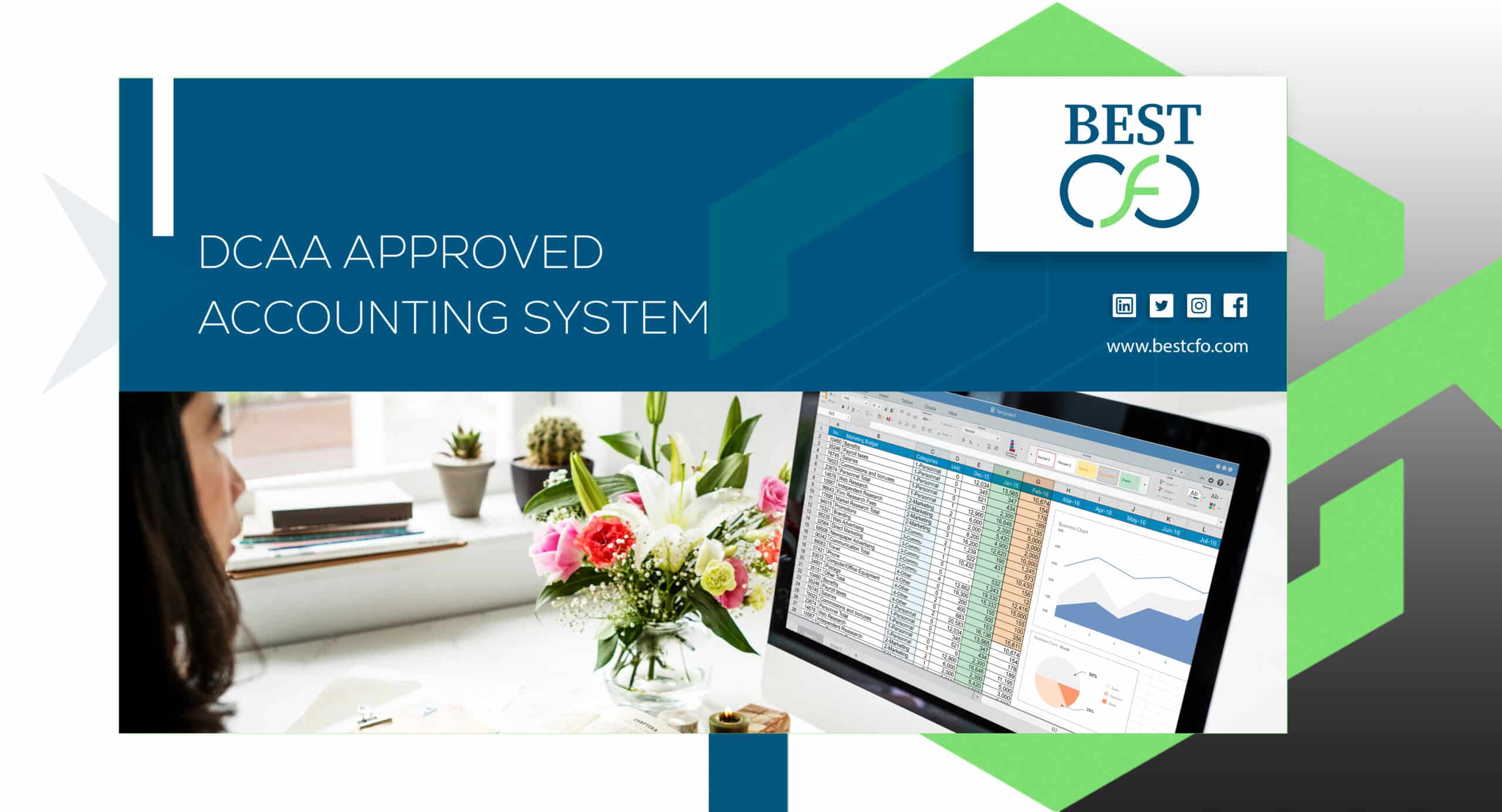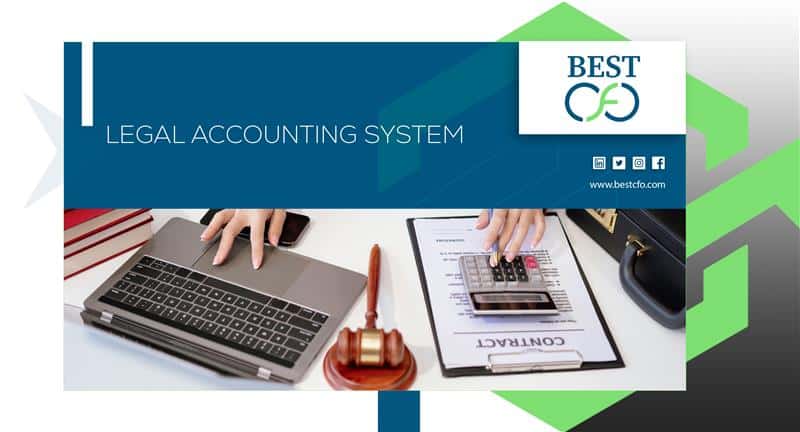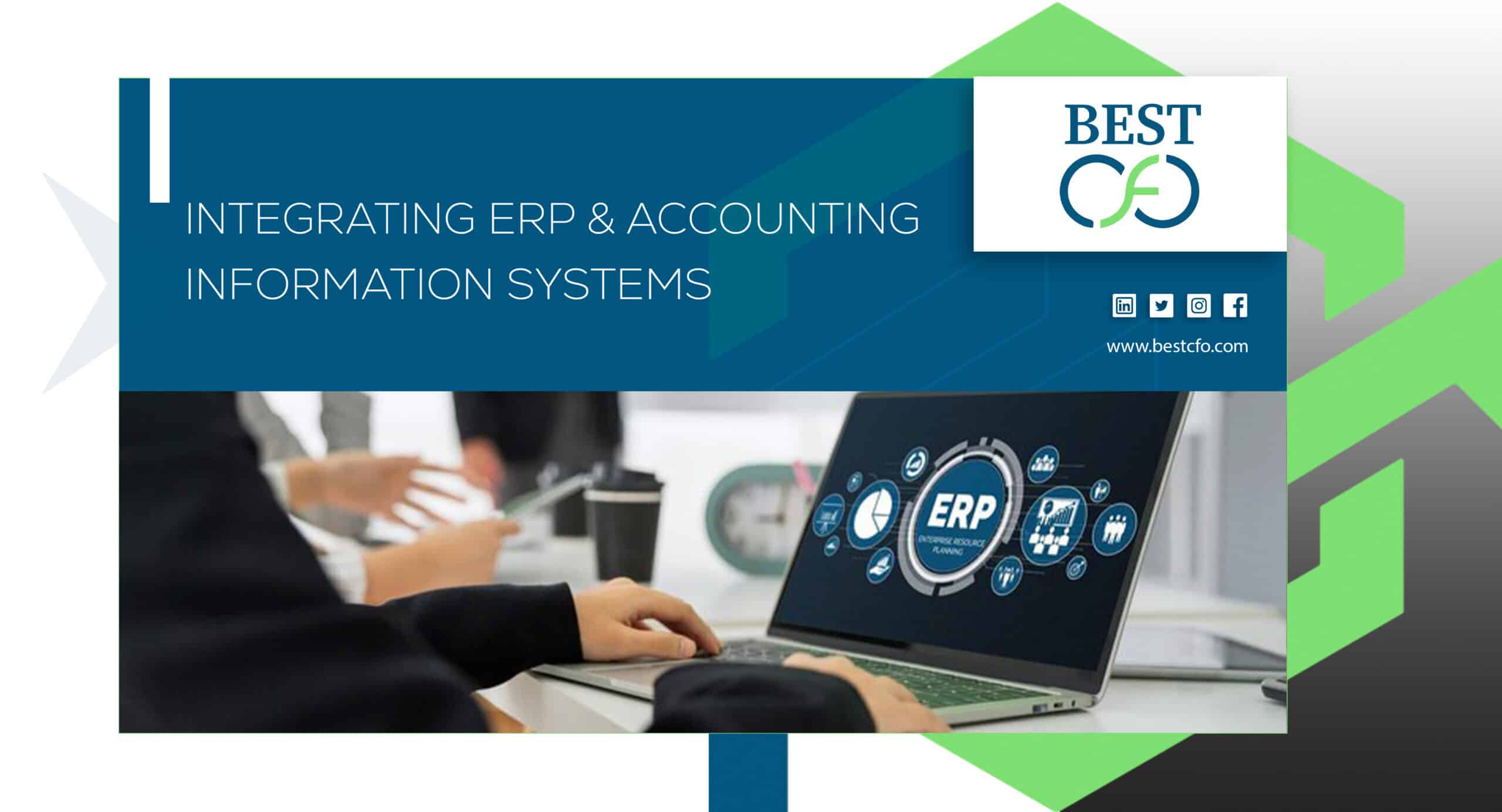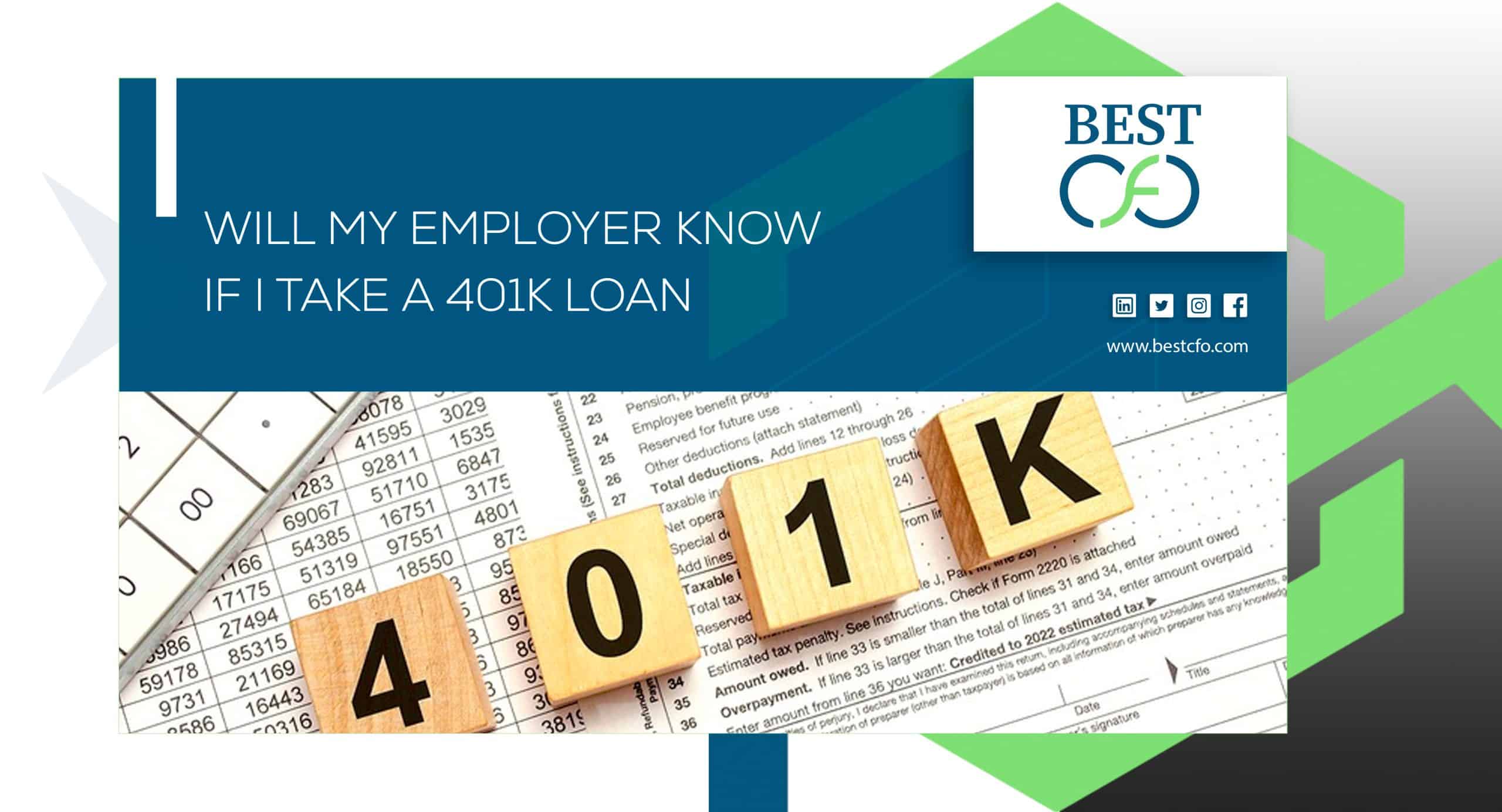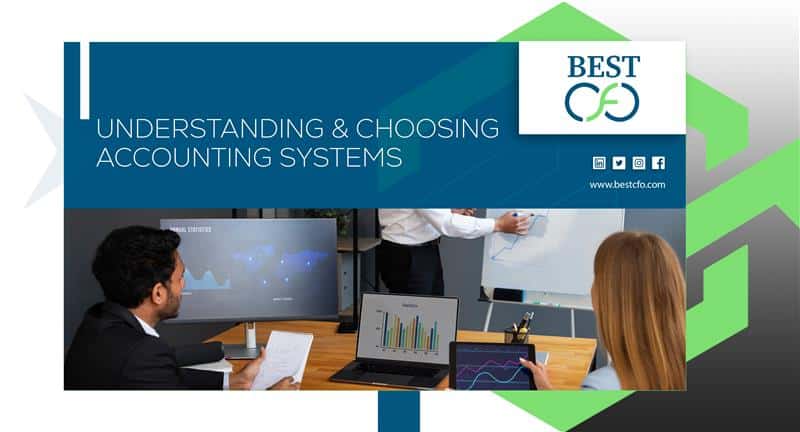
Understanding and Choosing Accounting Systems
When a business organization is opting for an accounting system it is best to keep certain aspects in mind. This includes the system's current and future capabilities. And, it must meet the organization's needs.
Furthermore, it must also synchronize with the business practices carried out in the firm. In Short it should be flexible with the organization's infrastructure. It is also important to check if the accounting system is relevant to the industry's standard automation. The system must also meet the ever-evolving needs of the industry with an in-depth focus on expansion with respect to the growth of the business.
So, to choose the perfect accounting system for your business, you must understand certain operations in your firm. It involves all the small daily tasks and how well the chosen accounting system performs them in all departments.
These include all accounting functions, like payrolls and inventory. Also, the general ledger and other tasks, like tracking an employee's work hours, sales incentives, and production shifts.
A well-equipped, computerized accounting system is fully functional. It offers the best practicality and responsiveness for better system management. It must protect companies' sensitive data. So, strong cyber security is vital for a good accounting system. This is the definition of a good accounting system.
Factors to consider while choosing an accounting system
Understand the resources
The computerized accounting system will be used to collect and transfer data all across the firm. So, a selected group of personnel will do the distribution. They must collaborate across functions within the company. Following are those associates explained:
Accounting System Users
These are the people inside a finance firm that are responsible for processing daily transactions. For them, the automated accounting system should be logical, responsive and have a friendly user interface.
Accounting System Managers
These are the people who direct the system managers. They tell the system users to use the system in the most efficient way possible. They usually have a strong knowledge of the accounting system. They are also accountable for its reporting needs.
Accounting System Customers
These are the people who rely on the financial data generated at different management levels. It's important to give customers detailed, useful data for long-term decisions. So, the gathered information must be accurate in both financial and non-financial aspects as well.
Accounting System Maintainers
This category involves the IT, accounting, and admin staff. They must maintain and service the accounting system. It must work properly.
There should be a dedicated project manager that manages the entire execution process. This person's job is to collect and organize the important info about the accounting systems that need attention. They should arrange meet-ups with key personnel and update seniors on the management process.
An in-depth analysis on the company needs
It's the job of the system managers to take an in-depth look at their specific departments. This analysis should be based on the company's growing needs. It should also consider what to expect from the new accounting system. This will include all the tasks and transactions that are being carried out throughout the organization. Here the important thing is to identify the strengths and weaknesses of the currently present accounting system. Following are some of things that should be looked after while doing a needs analysis.
- Use illustrations or diagrams to show how the current tasks are done by the existing computerized accounting system. Every illustration or flow chart must show how a task's output is used to make an important decision. In short, you must find out how information is shared across the firm's departments. Also, identify any delays.
- Tickets, invoices, and checks should be categorized. Also, categorize sample reports from the accounting and third-party software for text processing and spreadsheets. The focus here should be on whether or not these documents are required and how to automate these tasks without a manual accounting system.
Here are some of the basic questions that should arise in this in-depth analysis:
- What types of manual accounting system tasks can be automated?
- On which specific point does the organization suffer loss in productivity?
- To what extent does the inaccurate and untimely data affect the business.
- How often does the information that is required fail to be delivered in a punctual way.
- Is the accounting system functioning well with the existing or pre-planned initiatives of the company.
- What kind of information is needed to make strategically sound business plans.
- What type of data is required to efficiently manage and predict the cash flow.
- How does the current automated accounting system manage key assets like inventory, cash, payrolls, and fixed assets?
Selecting the right application consultant
This is rather an optional step. We need to see if your group can select and install the new automated accounting system in all departments. Here, the expenditures carried out on a consultant should be included in the overall budget in the investment of the software. Use a specialized consultant. They have successfully installed and implemented automated accounting systems for various firms. It's basically a cost effective way as going through the installation of the system yourself means making errors that can be counted as a cost of trial and error.
In fact, watching this installation process can train your staff. It can help avoid errors about the accounting system's capabilities in the future.
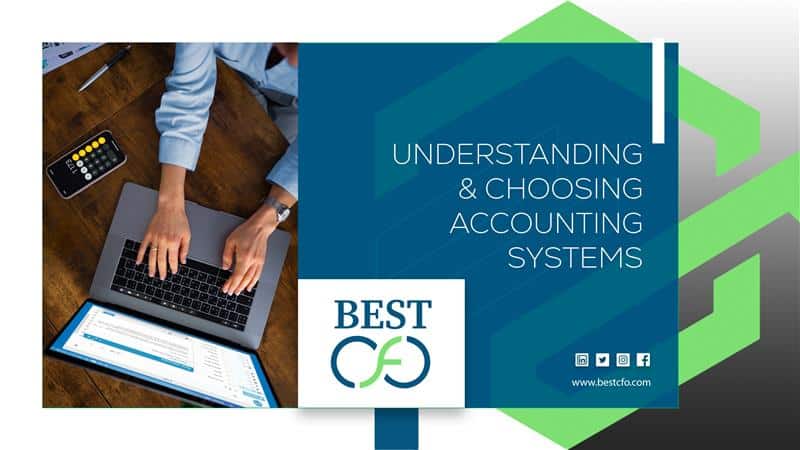
Assess the shortlisted accounting systems
There are multiple accounting systems that perform the same accounting functions, but the way that they perform those tasks is important. This is because your organization might be familiar or better suited to be working in a specific way. Here are some important things to consider when deciding from a group of shortlisted accounting systems.
The Brand
It is important to choose the right vendor for your company's next accounting system. Consider taking a look at the overall consumer reviews and how long a specific brand has been working in this business.
Product Expansion
When choosing an accounting system, a rapid expansion in personnel may occur later. The system must adapt to updates or a new system.
Familiarity and ease of use
The system must have an easy to use interface and your system users should be able to understand it from the get go. A good automated accounting system must be able to predict data, be logical and provide a seamless UI. Moreover, it is vital that the accounting system provider has robust technical support in solving any further queries.
Benefits
Every provider has a separate policy regarding what perks to include within the basic package to the most premium package. However, some companies advertise these perks only to tell you later that you have to pay some bucks to obtain them.
Some additional factors include the provided capacity, seamless date entry, risk security and reporting capabilities.
Putting the accounting system in effect
This is the most in-depth or time consuming part of the whole process. The outcome of the accounting systems efficiency depends on how well the tasks in the preceding steps were performed. This step's main duty is to install and set up the existing databases. Then, transfer them to the new automated accounting system.
It must be noted that the enhancement process should be postponed till all the basics are being carried out successfully. This includes hands-on training for all relevant personnel who will use the accounting system daily. More importantly, the use of the new system should go hand in hand with the existing system in the starting days to make sure the authenticity of the data.
Responsibilities of an Accounting System
This brings us to the basic question as to why accounting softwares exists. Accounting systems arose from complex financial tasks. They were too hard for a human to complete in a short time.
This softwares exists to save a lot of time for the business firms. It also helps in reducing human error and increasing efficiency. This includes traits like automated invoicing, payroll processing, expense management. These accounting systems enable finance firms to have a seamless experience in managing their operations.
Apart from this, it must also be well integrated with other business softwares inside the organization for a better linked accounting experience within the firm's environment. This also means that the data produced will be accurate and consistent thus enhancing the data. Lastly, there needs to be a powerful cyber security measure implemented in the accounting system to protect important financial data and counter a data breach.
Here are some of the key features of an accounting system discussed briefly:
Billing and Invoicing
A core, vital feature of an accounting system is its invoicing and billing. These functions optimize a business's finances.
Budgeting
Budgeting or expense tracking is important for a balanced financial management. Giving your accounting system full control over budgeting will track expenses. This will increase efficiency and reduce human error. This is better suited for enhancing accuracy and saving time that can be better utilized on other important activities.
Payroll Managing
Seamless payroll management is vital for running operations smoothly in a financial firm. The question arises how can accounting software contribute to this? Recently, accounting firms are adopting automated payroll features. They ensure timely and accurate payroll transfers and reduce the load on admin staff. These softwares can accurately calculate and manage taxes and labor rules. This gives the company relief when it comes to minimizing the legal issues.
Related Posts
Expensing Capital Expenditures
Expensing Capital Expenditures: Understanding Deduction and Expensing Capital expenditures illustrate the investments that are made…
DCAA-approved accounting system: Everything you need to know
DCAA-approved accounting system: Everything you need to know When your business firm is shortlisted for…
Legal Accounting System and its features: All you need to know
Legal Accounting System and its features: All you need to know Are you looking to…
ERP Accounting Systems and How Your Business Can Benefit From Them.
ERP accounting systems and how your business can benefit from them Finance firms are always…
 Demos
Demos  Colors
Colors  Docs
Docs  Support
Support 



